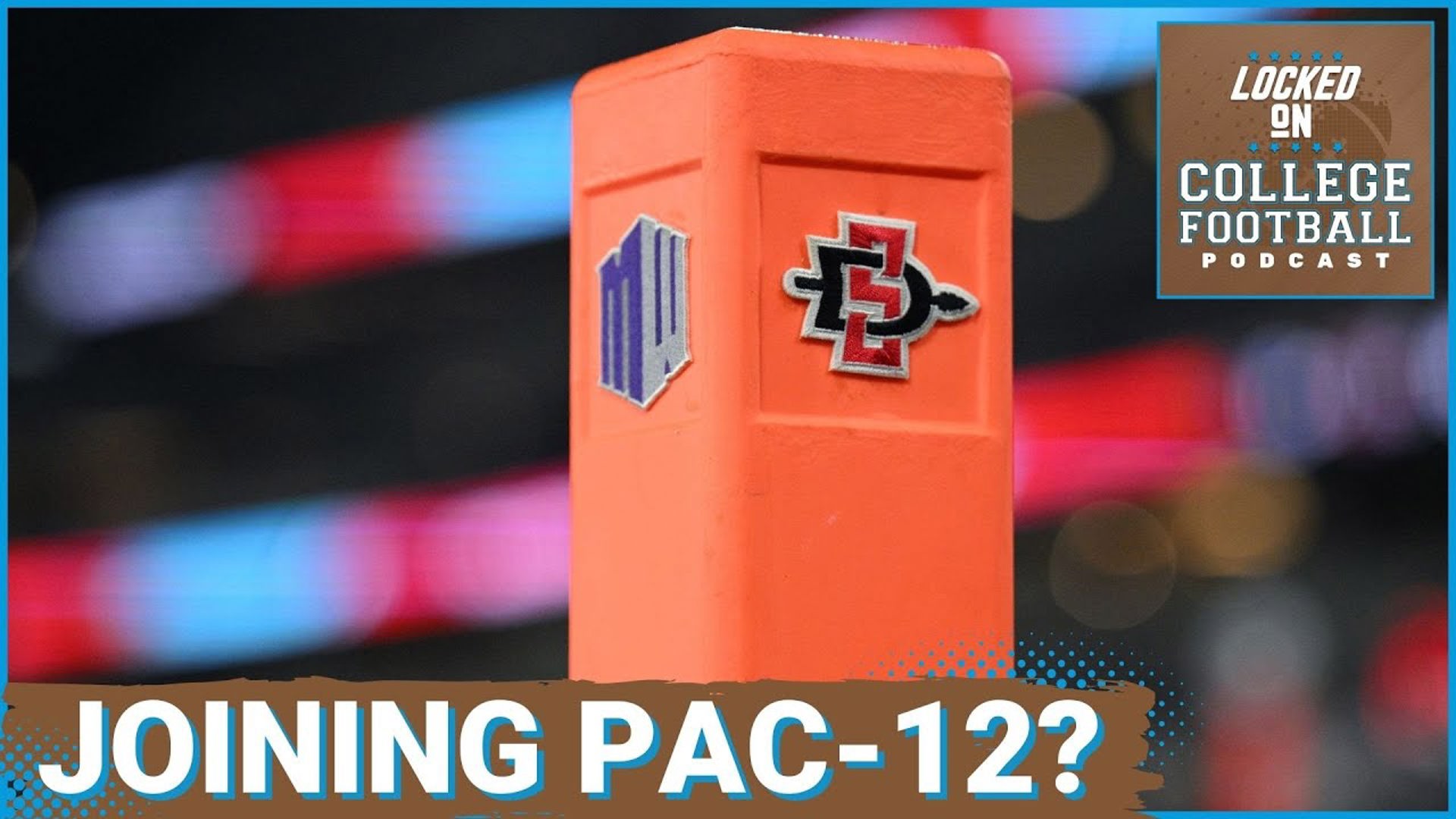LAS VEGAS — The Pac-12 may be down to the Pac-2, but that doesn’t mean the league or its remaining members — Oregon State and Washington State — aren’t gearing up for football.
“We’re not licking our wounds, we’re licking our chops,” Washington State coach Jake Dickert said Wednesday at an informal gathering that included past stars from both schools, current players and coaches and members of the media.
Drawing reporters who were in town for the Big 12 and Mountain West Conference media days, the abandoned Pac-12 Conference hosted “After Hours with the Beavs & Cougs” in an intimate setting at the Bellagio Hotel and Casino.
“Tonight is a celebration,” Pac-12 commissioner Teresa Gould said. “Tonight is the start of a new chapter.
“We are drinking tonight. If anyone has earned the right to drink, it is the Pac-12.”
The night included gourmet hors d’oeuvres and an open bar, while Dickert and Oregon State coach Trent Bray took the stage first in a fireside chat setting.
“We’re excited to play with a chip on our shoulder and show the world and college football what we can do,” Bray said. “Both our programs have been Top 25 teams over the last couple of years, are really good football teams, and we look forward to displaying that this fall.”
The league's other 10 teams are scattering for what they hope will be greener pastures. Southern California, UCLA, Washington and Oregon have joined the Big Ten. Arizona, Arizona State, Colorado and Utah defected to the Big 12. And California and Stanford landed in the Atlantic Coast Conference.
Former Oregon State star and Las Vegas high school legend Steven Jackson joined former Washington State stars Ryan Leaf and Jack Thompson to reminisce about their times in the Pac-12.
“Anybody can be a Trojan, anybody can be a Duck ... it takes a special person to be a Beaver or a Coug,” Leaf said.
Current players Jermaine Terry II and Jaden Robinson from Oregon State and Washington State’s Kyle Williams and Kyle Thornton followed the former greats, while Gould closed the night chatting with the small gathering.
Gould said she was thankful for ongoing dialogue with the College Football Playoff committee in regards to making sure both programs would be treated fairly.
“We’re not going anywhere,” Gould said. “These programs have never competed at any other level but the top level. We have always competed at the highest level, that’s never changed. And won at the highest level. I wonder why we’re even having that conversation.”
Perhaps because both programs will go from competing in what was considered a Power Five conference to an agreement that added six games against Mountain West schools, a move that provided both an expedient resolution until a long-term future can be determined.
It also gives everyone time to lay the groundwork for the possibility of a more permanent relationship.
“I think the agreement is great,” Washington State athletic director Anne McCoy said. “I think it’s a really great opportunity for Washington State and Oregon State to have a really competitive West Coast schedule. And I think we’re looking forward to hopefully nailing things down for year two.”
While McCoy is unsure when and where realignment is headed next, she did say “it’s not over" and with potential opportunities forthcoming, everyone involved is doing their best to put Washington State and Oregon State in the best possible position.
Nevertheless, Gould said the Pac-12 will always mean something, not only as a staple on the West Coast, but on a national level because of the history and longevity of the brand.
“But I would say in the short-term over the next two years, it means a lot, because there’s a lot of relationships and a lot of business agreements and a lot of associations with the Pac-12 as a legal entity that are really, really important to our collective success over the next two years,” Gould said. “So we are the Pac-12, and we’re going to be the Pac-12 for the next two years.
“And then as we look at all these different scenarios and potential pathways moving forward, we’ll have to reevaluate whether or not that continues to make sense or whether there’s some other brand or other conference name or entity that makes more sense for these two programs.”

